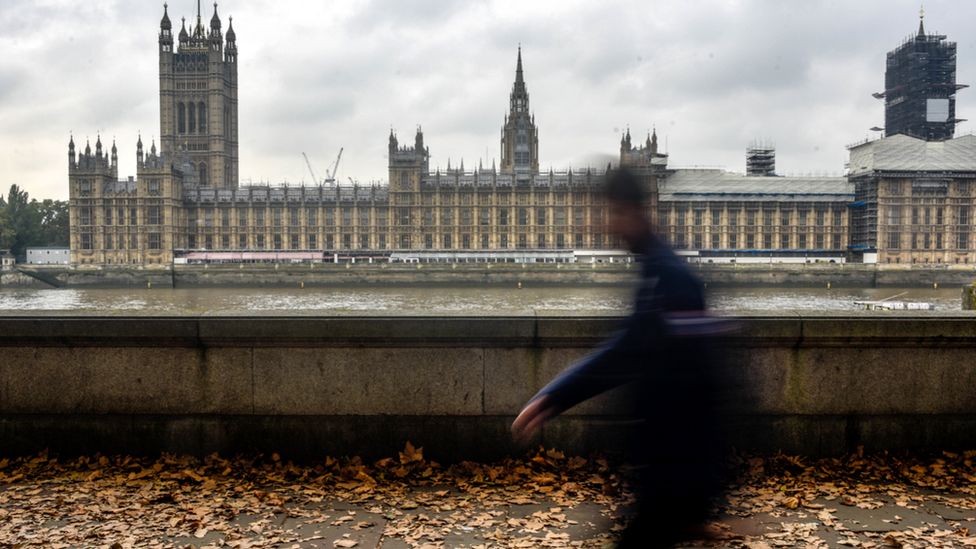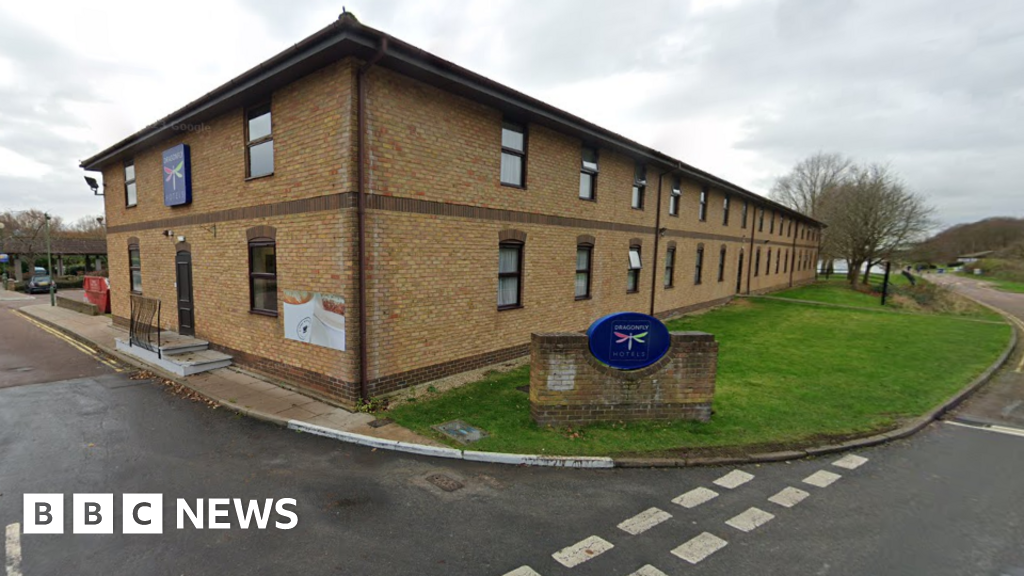ARTICLE AD BOX
 Image source, Getty Images
Image source, Getty Images
By Paul Seddon
Politics reporter
MPs who lose their seat at the next general election are set to get taxpayer-funded help with finding a new job, the BBC can reveal.
Under a proposed "career transition" scheme, they could receive free advice with tasks such as writing a CV from a designated career coach.
Commons officials are looking to hire a recruitment firm to deliver the programme from next year.
The move is part of a push to make being an MP a more attractive career.
The scheme has been drawn up in response to a report by a committee of MPs in February, which found some of those suddenly without a job had struggled to find employment.
It argued that without more support for people when they leave, Parliament could struggle to "attract and retain talented people" as MPs.
Under the plans, support would only be offered to MPs voted out of their job at an election, rather than those choosing to stand down.
The cross-party body of senior MPs and officials in charge of Commons administration has endorsed the plan, and a process is now under way to choose an external HR company to deliver the training.
Commons authorities hope to put a programme in place ahead of the next general election, which is expected to take place next year.
The final scheme is yet to be announced, but a draft proposal has been obtained by the BBC following a request under Freedom of Information laws.
An internal document from September recommends departing MPs receive a "budget" to spend with the winning training provider.
Commons authorities have blanked out the recommended spending level per MP, arguing it could jeopardise the procurement process.
'Stand out'
According to the document, a scheme could see defeated MPs offered "on-demand" career coaching and access to "networking opportunities".
It adds that they could also have access to a career coach to help them identify their transferable skills, and write a CV "that stands out in the crowd".
It was proposed that MPs should be advised of the help on offer during the winding-up period they are given to close down their offices after an election.
This period, for which MPs receive their net salary, is set to be extended from two to four months at the next election.
MPs who lose their seat also get a separate payment linked to their time in Parliament, which averaged £5,250 after the last election in 2019.
Publicly-funded career advice and training could run for up to a year, the proposal recommended. Authorities are planning for 150 MPs to lose their seats, and anticipate around 60% will make use of the advice.
A Commons spokesperson said the scheme would seek to deliver "value for money" as well as "the best possible service" for departing MPs.
Former MPs' careers
The scheme would emulate the sort of employer-sponsored advice sometimes offered by private firms and larger public sector organisations to employees who are made redundant.
A number of local councils, as well as government departments including the Home Office and Ministry of Defence, have offered departing staff such "outplacement" advice in recent years.
The Scottish Parliament and Welsh Senedd both have schemes to deliver careers advice to former politicians. In Canada, MPs voted out of office or opting to leave get $15,000 (£8,763) for career advice and training.
MPs are paid a basic salary of £86,584, and receive expenses to cover office costs, employing staff, and having to stay in London.
In recent years a number of high-profile former MPs have landed lucrative private-sector jobs after leaving Parliament - although there is relatively little recent research on the careers of lesser-known MPs.
One academic survey of those leaving Parliament after the 2010 election found almost half of those aged under 65, who responded, took at least three months to find a new job, with one in 10 taking a full year.
Although half were earning more than they had done in Parliament, 40% earned less and 10% the same as their MPs' salary.
Those landing well-paid directorships were a "minority", although the survey was carried out in the wake of the 2009 expenses scandal, which was acknowledged by the researchers.

 11 months ago
18
11 months ago
18








 English (US)
English (US)